Tis the season for hearing Christmas songs played everywhere you go. An annual favorite was recorded by Andy Williams in 1963 and has a line that may spark your curiosity: “It’s the most wonderful time of the year…There’ll be scary ghost stories and tales of the glories of Christmases long, long ago…”
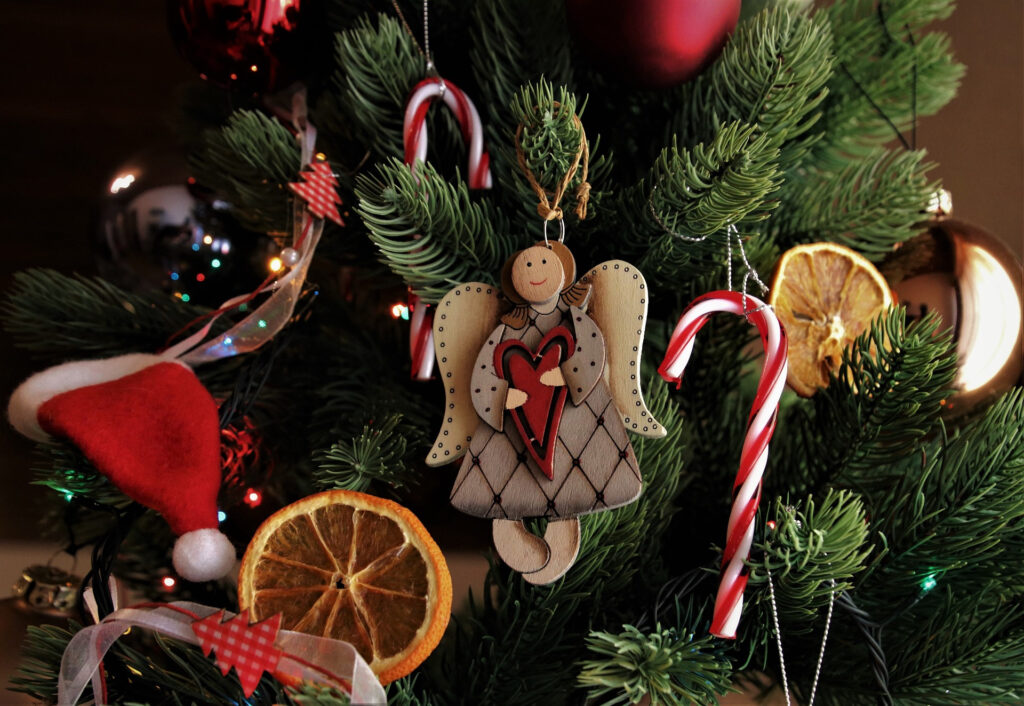
Wait…Ghost stories? At Christmas? What’s that about?
The telling of ghost stories at Christmas seems to have begun its tradition in Victorian England times (1837-1901) although supernatural tales told in the depths of winter can be documented back to Shakespeare’s time: “A sad tale’s best for winter,” Mamillius proclaims in Shakespeare’s The Winter’s Tale: “I have one. Of sprites and goblins.” And from Christopher Marlow: “Now I remember those old women’s words, Who in my wealth would tell me winter’s tales, And speak of spirits and ghosts by night.”
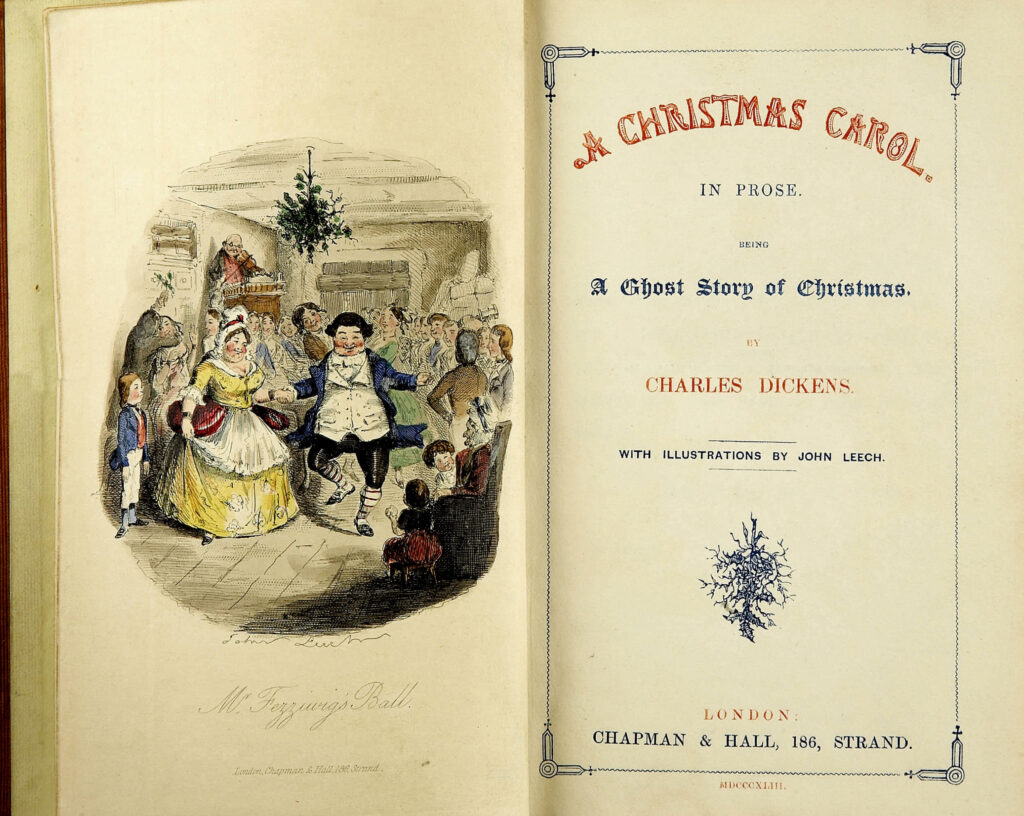
Perhaps the most famous of ghost stories is A Christmas Carol, written by Charles Dickens in 1843. This venerable tale has been told and retold and turned into several films over the decades since its inception. Another famous ghostly tale, Henry James’s 1898 novella, The Turn of the Screw, begins with a group of men sitting by the fire exchanging ghost stories on Christmas Eve. Even the 1892 “Nutcracker” ballet has its darker mysterious side with Clara’s godfather, Drosselmeyer, bringing in toys that come to life and dreams of mice and tin soldiers doing battle beneath the Christmas tree. My own book, Zephyr Stone and the Haunted Beach House, takes place at Christmas.
Regarding the Victorians, the practice of Spiritualism began in the 1840s in Europe and was especially popular in America in the late 1800s. It was a time when young children had often died of sickness and many soldiers had died on the battlefields of the Civil War. Reaching out to those who had “crossed over”—a primary tenet of Spiritualism—heightened the interest in all things supernatural.
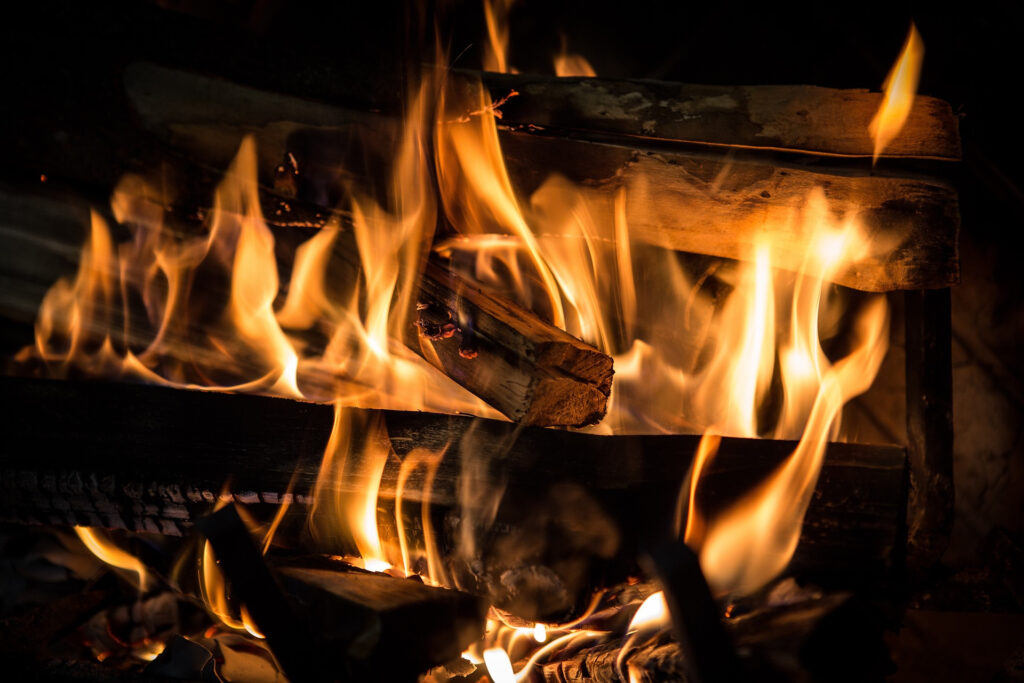
Winter, itself, seems to play a role. Days are colder, nights are longer, and even today (although not usually a necessity,) we find ourselves sitting by the fireside, staring into the flickering embers. It’s reminiscent of telling stories by campfires, which have often been tales of mystery and the unexplained. The kind of stories that give us the “good” shivers. In ancient tradition and folklore (as well as in contemporary “ghost hunting,”) night seems to be the time when the veil between the living and dead is especially thin. And there’s more night time than ever in the weeks leading up to Christmas.
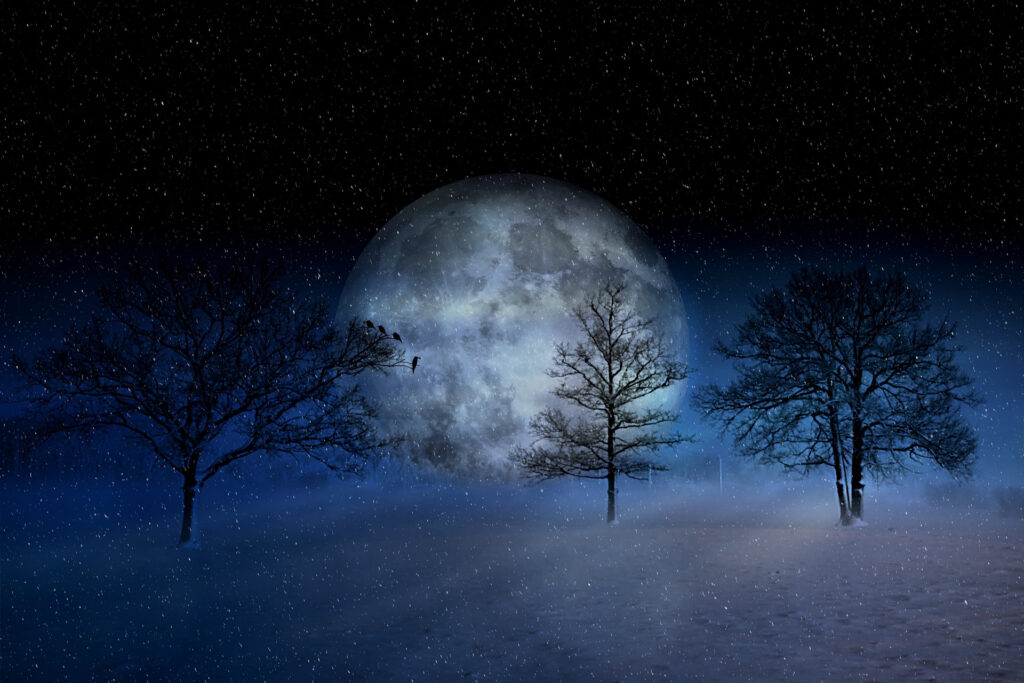
That leads us to the practice of ghost stories, specifically during the Christmas season. My own thoughts here—
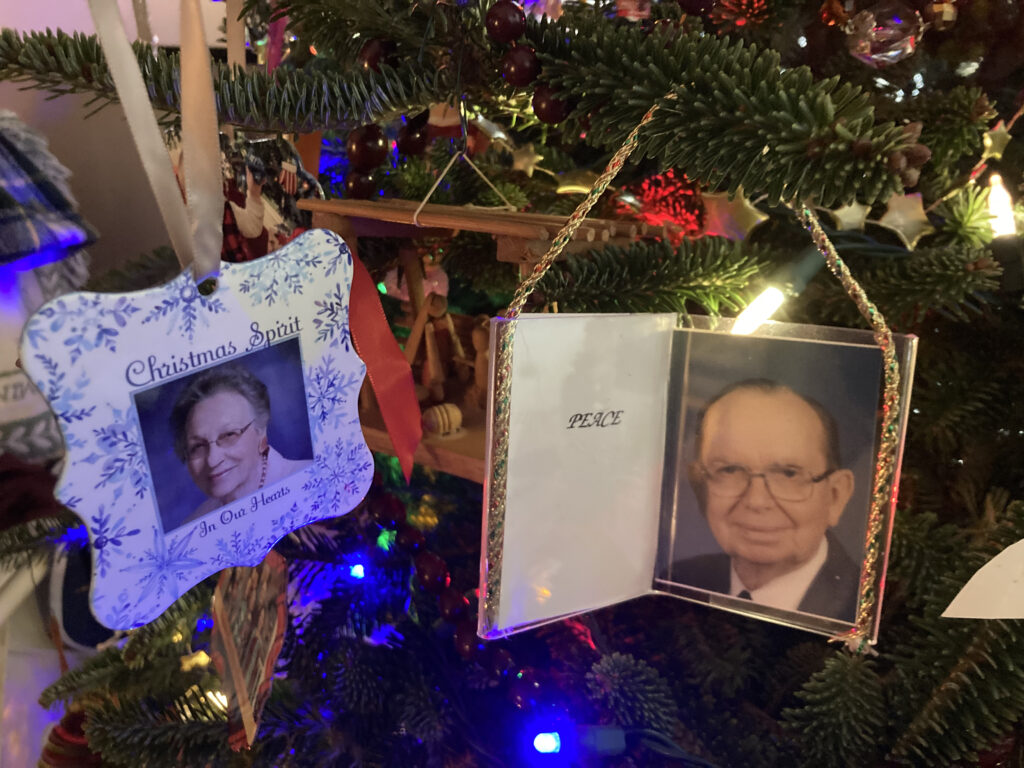
Christmas brings both joy and sadness to many. In my own life, I feel bittersweetness as I hang picture-ornaments of my deceased parents on the tree. Although Christmas reminds me of how much I miss them, it’s as though they have joined us for the holidays, smiling across the years and through the otherworldly veil that separates us. They are among the dearest of “ghosts of Christmas past,” and my favorite Christmas “Spirits.”
From its inception with the very first Christmas, when a sparkling star shone down from the heavens with laser beam intensity, marking the place where the divine intersected with the earthly, Christmas has been a time of deep mystery. We are there with the shepherds, reeling with fear and wonder as an angel appears in the night, proclaiming, “Fear not: for, behold, I bring you good tidings of great joy, which shall be to all people.”

During this Christmas season, may you be open to the deep joy that the mysteries of life (and afterlife) hold.
Thank you for stopping by. Y’all come back now (and have the Merriest of Christmases!)
Kate
You’ve made me smile, as I remember Winters and Christmases and people and places that live only in my memories. I believe that as long as they are remembered, they are still alive in my heart. Happiest holidays Kate and Bill!
Glad for your smile! Warm wishes of the season to you and yours, dear Claudia.